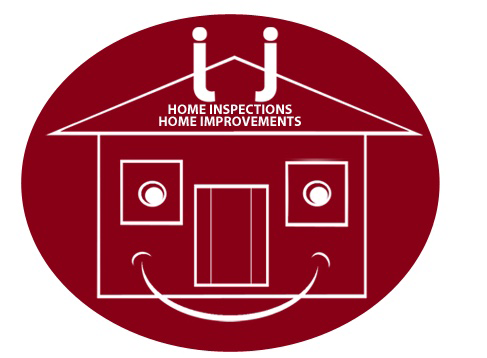
It is exciting to purchase a new house, but even new homes can have problems. That’s why you need a certified home inspector.
They check everything to make sure your new house is safe and well-built. Let’s discuss about why hiring an inspector for your new home is a smart choice.
Why Inspect a New Home?
You might think a brand-new house doesn’t need an inspection, but that is not true. New houses can also have problems.
Certain builders may take shortcuts or make mistakes. These issues will be discovered by a competent inspector before you move in.
Advantages of Using a Certified Home Inspector
Expert Knowledge and Training
- Certified inspectors undergo rigorous education and testing.
- Stay updated on the latest building codes and safety standards.
- Trained to identify potential issues that untrained eyes might miss.
Comprehensive Evaluation
- Thoroughly examine all major systems and components of the home.
- Provide detailed reports on the condition of:
- Structural elements
- Electrical systems
- Plumbing
- HVAC systems
- Roofing and insulation
Unbiased Assessment
- Offer objective opinions, free from emotional attachment to the property.
- No vested interest in the sale, ensuring honest evaluations
Cost Savings in the Long Run
- Identify potential problems before they become major issues.
- Help negotiate repairs or price adjustments based on findings.
- Prevent unexpected expenses after moving in.
Legal Protection
- Professional documentation can be valuable in cases of dispute.
- Some certifications come with insurance or guarantees.
What a Certified Home Inspector Checks
Structure
The inspector looks at the foundation and frame. They check for cracks or weak spots. They ensure the proper construction of everything.
Roof
A good roof is crucial, and the inspector checks for loose roof shingles. They look for signs of leaks, and they make sure the roof will last.
Plumbing
Water problems can be costly, so the home inspector tests all faucets and toilets. They look for leaks in the pipes. They check the water pressure too.
Electrical System
Faulty wiring is dangerous, so the home inspector checks all outlets. They look at the electrical panel. They verify if everything complies with the law.
HVAC System
Heating and cooling are important. The inspector tests these systems, and they check for proper installation. Also, they make sure they work efficiently.
Windows and Doors
Good windows and doors save energy. The inspector checks their fit. They look for proper installation. They test if they open and close right.
Exterior
The outside of your home matters too. The inspector checks the siding and paint, and they also look at drainage around the house. They check for potential water issues.
The Home Inspection Process
Before the Inspection
Choose a certified home inspector and set a date for the inspection. The inspector might ask about any concerns you have.
During the Inspection
The inspector checks the whole house. This takes a few hours, and you can be there if you want. As they are working, you can ask questions.
After the Inspection
The inspector gives you a detailed report. They explain what they found, and they might suggest fixes for any problems. This helps you decide what to do next.
Conclusion
Hiring a certified home inspector for your new home is smart. They help ensure your house is safe and well-built. They can catch problems early.
This allows you to feel secure in your new house. Don’t skip this important step when buying a new house. It’s worth the time and money to know your home is in good shape.

